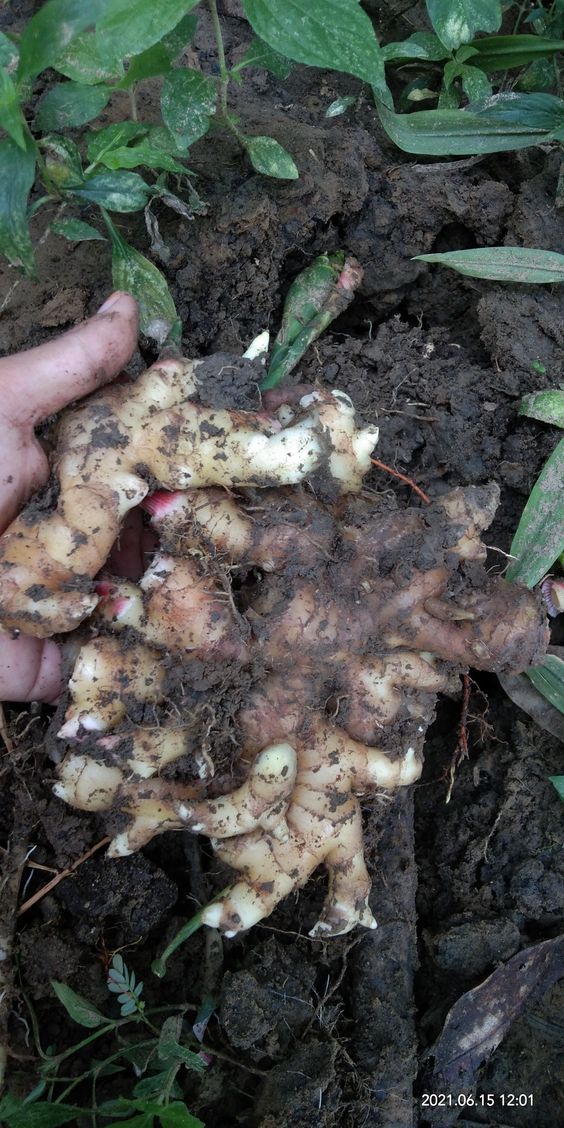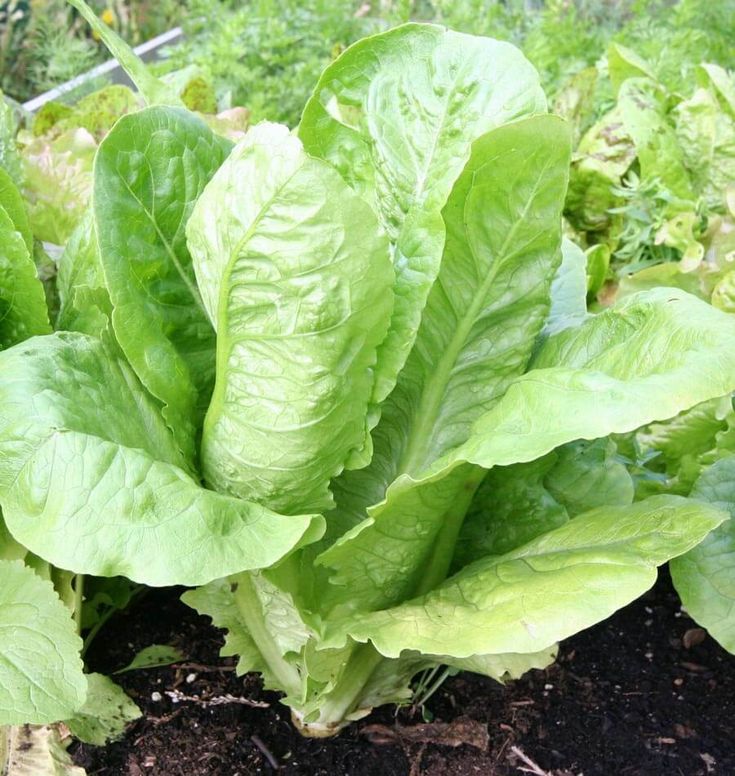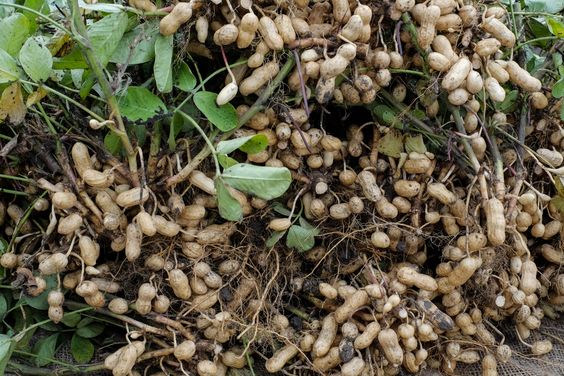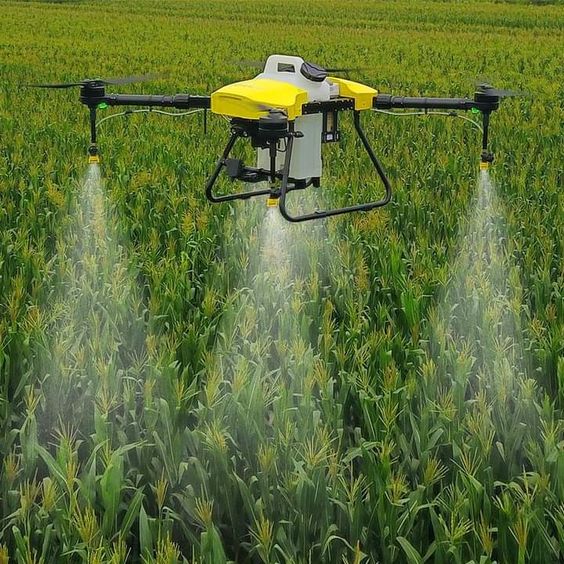Harnessing Innovation: Smart Ginger Cultivation for a Sustainable Future
Ginger Cultivation, a versatile spice with a long history of culinary and medicinal uses, is a valuable crop for farmers worldwide. But like many agricultural products, ginger cultivation faces challenges – from disease and pests to fluctuating weather patterns and market demands. This is where Smart Agriculture steps in, offering a suite of technologies and practices that can revolutionize ginger farming, making it more efficient, sustainable, and profitable.
Contents
The Rise of Smart Ginger Cultivation
Smart Agriculture, also known as Precision Agriculture, leverages data, automation, and modern technologies to optimize agricultural practices. In the context of ginger cultivation, this translates to a data-driven approach that considers factors like soil health, weather patterns, and plant growth to make informed decisions. Here’s how Smart Agriculture empowers ginger farmers:
-
Precision Land Management: Soil is the foundation for healthy ginger growth. Smart Agriculture employs soil sensors that gather real-time data on moisture content, nutrient levels, and pH. This data allows for targeted fertilization and irrigation, reducing waste and promoting optimal growing conditions.
-
Advanced Weather Monitoring: Ginger thrives in warm, humid climates with good rainfall distribution. Smart weather stations and forecasting tools provide farmers with hyperlocal weather data, enabling them to anticipate droughts, heavy rains, or extreme temperatures. This allows for proactive measures like adjusting irrigation schedules or installing protective measures against harsh weather events.
-
Disease and Pest Management: Ginger is susceptible to various diseases and pests like rhizome rot and nematodes. Smart Agriculture utilizes tools like drone-based imaging and spectral analysis to detect infestations early. This allows for targeted application of bio-pesticides and fungicides, minimizing environmental impact and ensuring a healthy crop.
-
Improved Irrigation Practices: Water conservation is crucial for sustainable agriculture. Smart irrigation systems employ sensors and automated valves to deliver precisely the amount of water needed by the ginger plants at different growth stages. This not only saves water but also prevents waterlogging, a major cause of ginger rot.
-
Data-Driven Decision Making: Smart Agriculture platforms collect and analyze data from various sources, providing farmers with actionable insights. This data can be used to optimize planting times, predict yields, and make informed decisions about resource allocation, leading to improved farm management and profitability.
Benefits of Smart Ginger Cultivation
Implementing Smart Agriculture practices in ginger cultivation offers a multitude of benefits for farmers, consumers, and the environment:
-
Increased Yields and Improved Quality: By optimizing growing conditions and preventing diseases, Smart Agriculture can lead to higher ginger yields with improved quality and size.
-
Reduced Environmental Impact: Precision application of fertilizers, pesticides, and water minimizes environmental pollution and promotes sustainable farming practices.
-
Enhanced Resource Efficiency: Smart Agriculture helps farmers optimize resource utilization, leading to reduced water and energy consumption.
-
Improved Market Access: Data-driven insights can help farmers predict market demands and adjust their production strategies accordingly, ensuring they meet market needs and secure better prices.
-
Empowered Farmers: Smart Agriculture empowers farmers with knowledge and tools to make informed decisions, leading to greater autonomy and control over their operations.
Challenges and Considerations
While Smart Agriculture holds immense promise for ginger cultivation, there are challenges to consider:
-
Cost of Technology: The initial investment in sensors, weather stations, and data platforms can be a barrier for some farmers.
-
Digital Divide: Access to reliable internet connectivity and technical know-how can be a hurdle in rural areas.
-
Data Security and Privacy: Securing sensitive farm data and ensuring its privacy is crucial.
The Road Ahead
Overcoming these challenges requires collaboration between governments, research institutions, agricultural extension services, and technology providers. Initiatives are needed to:
-
Develop affordable and user-friendly Smart Agriculture technologies specifically designed for ginger cultivation.
-
Bridge the digital divide by providing rural communities with access to internet connectivity and digital literacy training.
-
Promote knowledge sharing and capacity building through extension services and farmer training programs.
Conclusion Ginger Cultivation
Smart Agriculture presents a transformative opportunity for ginger cultivation. By embracing innovative technologies and data-driven practices, farmers can ensure a sustainable and profitable future for themselves and contribute to a secure and healthy food supply for consumers worldwide. As we move forward, collaborative efforts can pave the way for widespread adoption of Smart Agriculture, empowering ginger farmers and ushering in a new era of sustainable ginger production.




